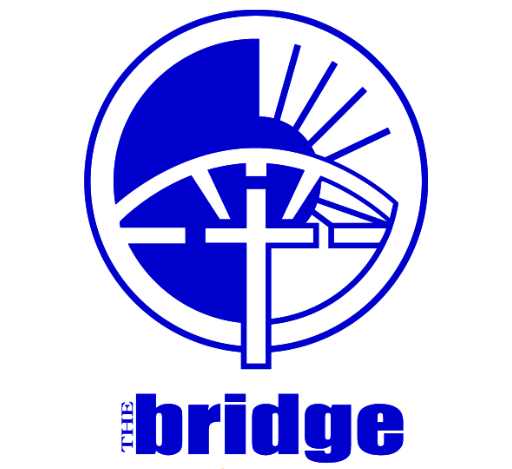Emergency Shelter Program
The goal of the Emergency Shelter program is to empower families to achieve safety, understand their options, break the cycle of domestic violence, sexual assault, homelessness and rebuild their lives.
Frequent referral partners include:
Law Enforcement: Pasadena, La Porte, Galena Park, Channelview, Deer Park, Jacinto City, Baytown, and South Houston Police Departments and Harris County Sheriff’s Department
Health Services: Harris County Hospital District, Pasadena Health Center, AIDS Foundation Houston, Prevent Blindness Texas, Baylor College of Medicine, and Texas Chiropractors
Mental Health Services: Family Service Center, MHMRA-Mobile Crisis Outreach Team, Innovative Alternatives, Neuropsychiatric Center, Mental Health America of Greater Houston, Montrose Counseling Center, and Bay Area Council on Drugs and Alcohol
Employment Assistance: Workforce Solutions and the Texas Workforce Commission
Mainstream Resources: SNAP Food Benefits, Temporary Assistance for Needy Families (TANF), Children’s Health Insurance Program (CHIP), and Medicaid


